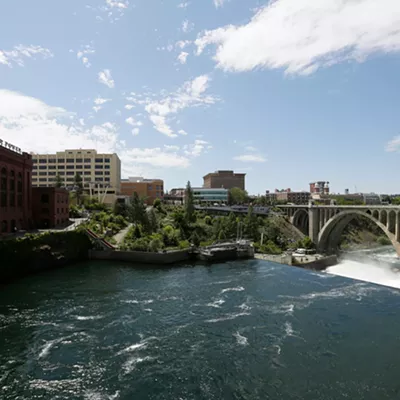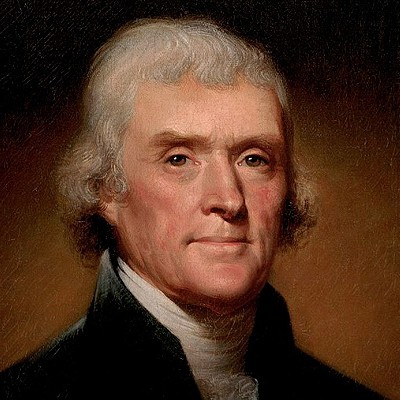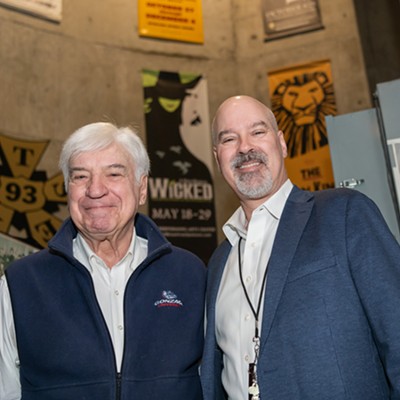We're getting a real Earth Day treat with Jared Diamond giving two lectures on April 23, the day after the 45th anniversary of the first Earth Day. For me, his 2005 book Collapse is the best I've read about ecology and the future of our life on this planet. What sticks with me is Diamond's optimism: If we are smart about these challenges, he wrote, we can continue to thrive.
Diamond's a surprising public scientist — Harvard- and Cambridge-educated, he started out as an expert on the gall bladder, then became a noted bird watcher. Only later in life did he embrace geography as his focus, which produced the Pulitzer Prize-winning Guns, Germs and Steel, Collapse and most recently The World Until Yesterday: What Can We Learn from Traditional Societies? A Bostonian transplanted to Los Angeles, he's folksy and engaging, à la Neil deGrasse Tyson — and he's waded into plenty of controversy, too.
Diamond's study of Easter Island is a powerful fable of our life on Earth. As remote and alone in the Pacific as our planet in the Milky Way, Easter Islanders had a thriving little society until they started overworking their land. The most evocative passage in Collapse is Diamond wondering what the person who chopped down the last tree on Easter Island was thinking.
He studied other places where people vanished. The Anasazi in the Southwest went from master road builders and astronomers to — poof! — gone. The Norse settlers in Greenland had a 450-year run that ended in ruin. By listening to the mountains, the soil, the water, Diamond relays the cautionary tales: A drought pushed the Anasazi to abandon their homes; a cultural taboo against eating fish led to the starvation of the Norse.
Earth Day started on an oil-soaked beach near Santa Barbara in 1969, when Sen. Gaylord Nelson of Wisconsin was so devastated by the notorious oil spill that he put into motion the event now celebrated across the globe. That environmental disaster was not far from Diamond's home in Los Angeles, which is now gripped by the kind of drought that has brought other societies to their knees. These painful wake-up calls have forced us to listen to the land like never before, but to manage our way through such challenges, we need action, too. ♦
Jared Diamond will be at EWU's Showalter Auditorium in Cheney to discuss Collapse at 1 pm on Thursday, April 23. This event is free. At 7 pm, he will lecture on The World Until Yesterday at the Martin Woldson Theater at the Fox. Tickets are $15.



























